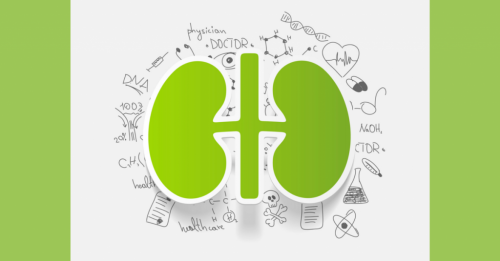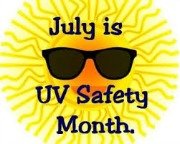May 5, 2021
<![CDATA[ Spring time means different things to different people. To parents of kids involved in spring sports, often times it can mean trips to the ER or urgent care center to treat a broken bone or sprained ankle. Spring sports like soccer, lacrosse and baseball, track and field and tennis all are breeding grounds for injuries: sprains, broken bones and concussions. Sometimes the extent of the injury is not clear cut. Not sure if its a break or a sprain? There are a few tips to distinguish between the 2, but of course if there is any lingering doubt one should always head to the doctor and get diagnosed and treated. A few things you should know: A sprain only affects soft tissue, never a bone. Therefore it won’t show up in an x-ray. Sprains can occur to ligaments, tendons or to muscle. A sprain can occur when you wrench or twist the ligaments of (an ankle, wrist, or other joint) so as to cause pain and swelling, not necessarily dislocation however. How to Treat a Sprain? Follow the RICE method: REST ICE COMPRESSION ELEVATE If, on the other hand there is any sort of deformity, as in bones protruding where they last were not, you should run, well, limp, to the closest ER and be x-rayed immediately. A break, or a fracture, can happen only to bone, not soft tissue. Bones will break, sprains will not. Occasionally it’s tough to tell which it is. If there is bruising and swelling and you’re unclear about whether it’s a break or a sprain, come into West Hartford where we will perform an x-ray on our state of the imaging equipment. There we can diagnosis and treat the injury. We’ll also make you a copy of the x-ray on a CD that you can bring to your orthopedist. Need a referral? We’ll get you that as well. Are you following us on Twitter? at @drxWestHartford and on Facebook? DoctorsExpressWestHartford]]>
Read more..






